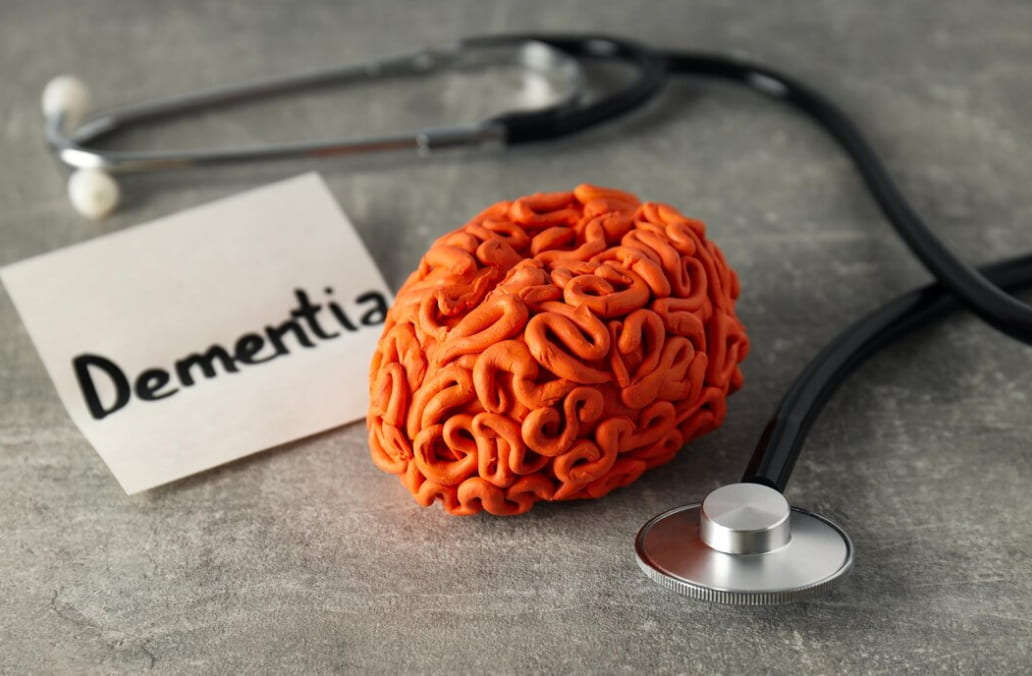The effectiveness of CST (Cognitive Stimulation Therapy) sessions heavily depends on the skills and expertise of the facilitators. These professionals play a crucial role in guiding and managing the sessions. To achieve success, they must integrate a set of 18 fundamental principles into their facilitation approach. These principles are not just guidelines but are essential elements that shape the core of each session.
The 18 Key Principles for Effective Facilitation
- Mental Stimulation: Engaging the mind actively;
- New Ideas and Associations: Introducing fresh concepts and connections;
- Sensitivity in Orientation: Tactfully providing a sense of direction;
- Focus on Opinions Over Facts: Valuing personal views more than objective data;
- Reminiscence as a Present Aid: Using past memories to enhance current experiences;
- Triggers for Recall: Providing cues to assist in remembering;
- Consistency Between Sessions: Ensuring a seamless experience over time;
- Implicit Learning: Encouraging learning in a non-directive manner;
- Language Stimulation: Enhancing communication skills;
- Executive Functioning Enhancement: Improving cognitive management abilities;
- Person-Centred Approach: Tailoring sessions to individual needs;
- Respect: Upholding dignity and esteem;
- Active Involvement: Encouraging participation from all;
- Inclusive Environment: Making sure everyone feels welcome;
- Freedom of Choice: Allowing participants to make decisions;
- Fun and Enjoyment: Ensuring sessions are enjoyable;
- Maximising Potential: Helping individuals reach their full capacity;
- Building and Strengthening Relationships: Fostering social connections.
These principles not only guide the facilitators in their approach but also ensure that each participant receives a holistic and enriching experience. By adhering to these guidelines, facilitators can create a nurturing environment that supports cognitive enhancement and social interaction.



